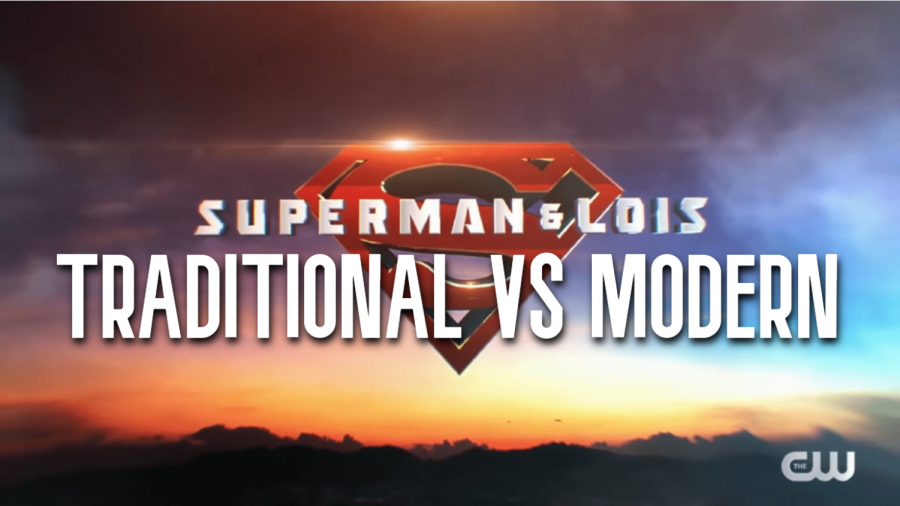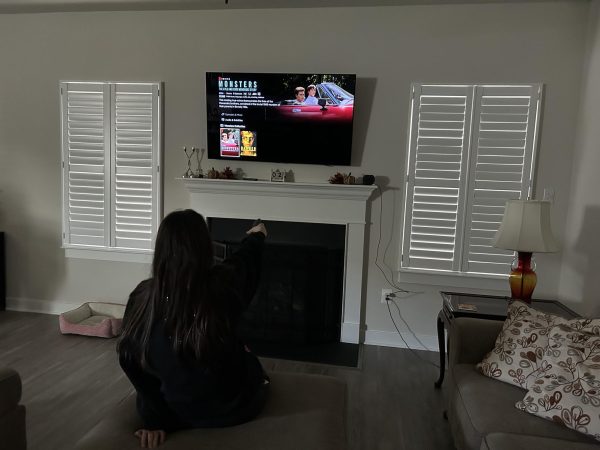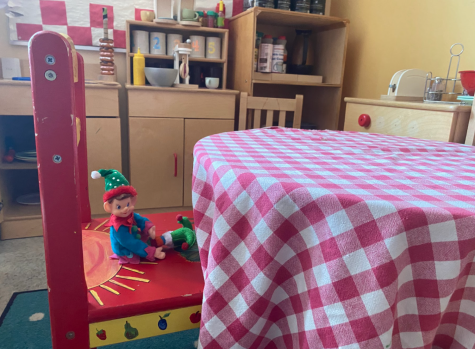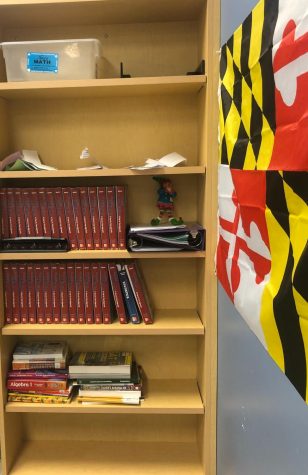Superman does not need to be modernized – Superman and Lois season 1 review
Does Superman need to be modernized to remain popular and relevant? (Credit: Superman and Lois – The CW)
Superman has always been defined by his perfection. Unlike Batman’s inner demons or Spider-man’s financial troubles, Superman thrives on being unrelatable. He is a human ideal to strive towards, not just physically, but morally. Superman goes through endless trials and tribulation yet makes the morally right decision every time, and CW’s Superman and Lois shows that this concept continues to fit into the modern world.
The first season of Superman and Lois first aired on the CW in February, 2021. The show was initially advertised as an older interpretation of the traditional Superman story that would feature he and his wife Lois’ journey parenting twin teenage sons, Jonathan and Jordan. I was eager to see an interpretation separate from the same origin we’ve seen dozens of times.
The show begins with the unfortunate events of Clark losing both his job and his mother on the same day. His wife, teenage sons, and himself pack up their city lives and move to Clark’s hometown Smallville to take his childhood home as their own. Jonathan works to retake his position as a popular football player. Jordan continues to struggle with his diagnosed anxiety disorder. All the while, powers inherited from his father begin to awaken in the anxiety-ridden teen. The rest of the season follows Superman as he does his best to guide his son in using his abilities, which, to Jordan, begins to feel like a curse.
“I think some stupid part of me actually thought that the powers would bring me closer to people, but all they really do is bring me farther away,” said Jordan Kent (Alexander Garfin) in episode 6 titled “Broken Trust”.
While guiding his son through these difficult times, Clark remains as super as ever. He stays involved with his family, remaining patient and understanding while still protecting the world from evil. This all comes to a sharp point in episode 6 of the series titled “Broken Trust”.
After a stressful day that nearly pushes Clark to his breaking point, he arrives at yet another issue when Jordan’s anger pushes him to punch Jonathan, breaking his arm. After such a stressful day, I expected for Clark’s anger to finally shine through. Instead, he remains calm and goes on to be honest with his son about how he also feels anger, but how it is something that must be controlled.
While most stories would throw one or two problems at the protagonist before having them deal with the aftermath of those problems to drive the rest of the story, Superman’s unbreakable nature allows him to push through problem after problem pushing the story forward on his own terms with compelling and clever expectation subversions and plot twists.
Even with well thought out concepts and ideas, the thing that really holds together Superman and Lois are the actors. Each and every character is unique, and characterized by a unique combination of goals, ideals, and traits, which actively respond to their environment.
Tyler Hoechlin, the actor who portrays Clark Kent AKA Superman does a fantastic job portraying an older, experienced version of the character that can switch from badass savior to the big blue boy scout at the press of a button. His previous most major role in the series Teen Wolf did not even begin to prepare me for the incredible characterization and devotion he would bring as the man of steel.
“Each power comes with its own burden. It’s not just what you do, but it’s also what you don’t do,” said Clark Kent played (Tyler Hoechlin) in episode 3 titled “Perks of Not Being a Wallflower”.
Bitsie Tolluch portrays Lois Lane and as per the series’ name, she gets a fair bit of the spotlight. After quitting her job at The Daily Planet in dramatic reporter fashion, Lois’ story for the season focuses on her new job at the Smallville Gazette where she begins to build a case against corrupt millionaire Morgan Edge, whose newest scheme seeks to destroy Smallville’s economy in return for making him more money. This story is executed perfectly, allowing Lois to be independent and strong, while also still having her call for Superman’s aid when the situation gets too dangerous. Other similar shows like CW’s The Flash have repeatedly put their unpowered heroine into extremely dangerous situations, yet having them not call their superpowered partner with no legitimate reason other than pushing their strong female archetype as hard as possible. Avoiding this trope allows Lois’ story arc to both show her as a powerful woman and remain grounded in realism.
“Your life falling apart doesn’t mean you’re special. It means you’re human,” said Lois Lane (Bitsie Tolluch) in episode 1 titled “Pilot”.
Jordan Elsass portrays Jonathan Kent. At the start of the series Jonathan, unlike his brother, is an extroverted, popular, football star with a girlfriend and a future ahead of him. After moving to Smallville, this all begins to change. At the same time, also unlike his brother, Jonathan learns that he hasn’t inherited any of his father’s powers (at least as of yet). While most shows would continue to grow his resentment and turn him into an antagonist, this show’s realistic writing has him continue to support his brother. While his life might’ve been turned upside down because of them, he knows it isn’t their fault and he shouldn’t blame them for something they had no control over.
“Don’t you need to take your pill with something? Someone’s gotta watch out for you,” said Jonathan Kent (Jordan Elsass) in episode 1 titled “Pilot”.
Alexander Garfin portrays Jordan Kent. At the start of the series Jordan is an anxiety-ridden, awkward, introvert. Moving to Smallville doesn’t change this much until he begins to discover his powers. Jordan, unlike his brother or father, is much less morally perfect, and is prone to large lapses in judgement. Jordan’s story directly mirrors his father’s. While his father knew nothing about his powers and had no guidance, but had the perfect morals to guide himself, Jordan already has a mentor in his father, someone who can tell him anything and everything about his powers, but lacks any of his father’s morals.
“…you get to grow up and get to be Superman. Who am I? I’m a weird kid with headaches. I just… I wanted to be good at something, that was all,” said Jordan Kent (Alexander Garfin) in episode 6 titled “Broken Trust”.
Both Jonathan and Jordan’s story arcs come together to show that despite what the show says, both of the sons actually did inherit part of Superman’s powers, because both moral (Jonathan) and physical (Jordan) perfection are necessary to make Superman super.
In recent years, Superman’s defining traits have been questioned with other interpretations of the character such as Henry Cavill’s series of film appearances deciding that Superman needed more depth to his character than being a moral ideal in order to remain compelling. Instead, they opted to make Superman an open metaphor for religion. The villain’s perspective has similar reasons for hating Superman to the commonly discussed reasons for hating the concept of God, while the hero’s perspective repeatedly symbolizes Superman as Jesus.
“…if God is all-powerful, He cannot be all good. And if he is all-good, He cannot be all-powerful,” said Lex Luthor (Jesse Eisenburg) in Batman V Superman: Dawn Of Justice.
Many people liked this interpretation, and felt as if it was the natural step for a character that they had always seen as one dimensional. However, as a familiar yet uniquely mature Superman story, backed by incredible writing and acting, Superman and Lois is a clear cornerstone for the future of Superman media. Keeping Superman as an unrelatable, unmoving moral pillar keeps him unique, and is the driving force for him always being relevant. No matter what time, place, person, or entire century, everyone is always struggling to make the right decisions, and seeing someone who doesn’t have that struggle will always be inspiring. As long as that remains true, Superman should never need more depth, all the depth his stories will ever need is present in the natural struggle between morality and the unpreventable chaos of the world.
Your donation will support the student journalists of Linganore High School. Your contribution will allow us to purchase camera/recording equipment and software. We hope to raise enough money to re-start a monthly printed issue of our paper.













